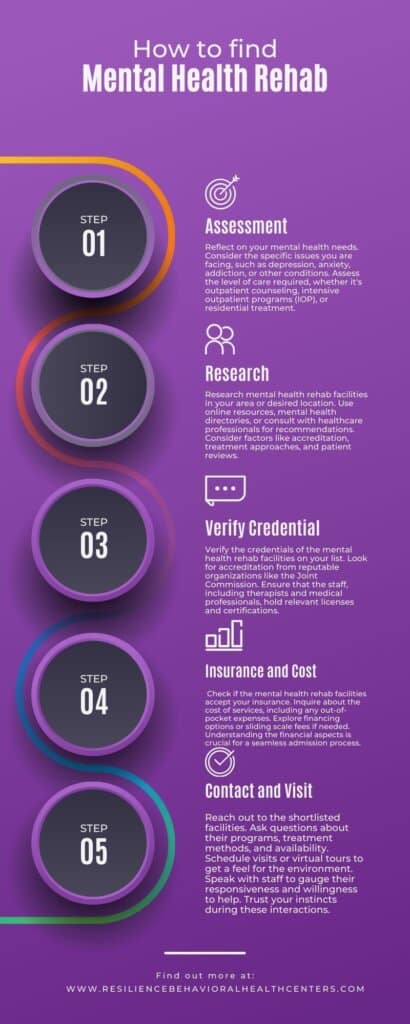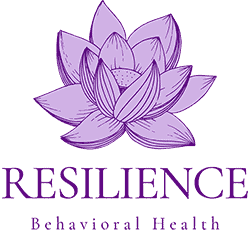Life After Rehab: Building Resilience for Long-Term Mental Health
Recovering from a mental health challenge is not just a one-time thing, it’s a battle we fight every single day. We understand the Herculean effort that you have put into joining rehab but, rest assured, it gets easier! Ahead, we’ll discuss what to expect after mental health rehab in Massachusetts, and what you can do to maintain your ever-increasing progress.
Before we begin, we’d just like to take a moment to celebrate your decision to join a rehab. Maybe, you’re close to or have finished it, and we are very proud of your super-amazing achievement!
Here’s what to expect from life after rehab and what you can do to never lose your progress. We know you have come too far, and it’s time to outshine yourself even further from here onwards.
Life After Rehab – What To Expect
Life after rehab is filled with highs and lows; while you’ll be able to visibly see and feel yourself getting better, there will always be triggers and temptations that will make you slip back. But know this, if you keep hitting milestones you’ll definitely get better.
So, celebrate your 1-month, 3-month, 6-month, and the 1-year anniversary of staying sober. Hitting the first-year mark is important because the chances of staying sober increase significantly after the first year of sobriety. And after two years of sobriety, the relapse rate drops to 40%; cause for celebration by every definition, isn’t it?
What You Can Do To Maintain A Flourishing Life After Rehab
After successfully completing your mental health rehab program in Massachusetts, it’s important to take things at your own pace. The personal and professional responsibilities might seem to pile up, and at times, seem overwhelming.
This is when cravings kick in – a little sip, or a small whiff, to drive down stress and anxiety. Don’t fuel these thoughts; remember, you’ve come too far to lose all the progress you’ve made.
So, take a breather, ride out the wave, and take things one step at a time. Here’s what you can do in the meantime as you are proceeding in your rehab journey:
- Create a long-term recovery plan while being specific in listing your goals and the steps to achieve them.
- Find activities and companies that are supportive to your rehab journey.
- Set up physical activities such as walking, jogging, or yoga into your weekly or daily routines. This will help clear your mind and improve your overall health.
- Stay mindful of impulses and triggers in the environment, so you can effortlessly sidestep them.
- Join local support groups starting with at least two, so you can decide which one is right for you.
- Establish someone – your therapist, family member, and/or loved one – you can call if you’re ever tempted to slip back into the addiction.

Final Thoughts
As we said earlier, it gets easier – according to statistics, 89% of individuals remain sober for the first month after completing treatment.
By the 90-day mark, you’ll very visibly notice differences (for the better) in your physical as well as emotional state. At this point, your cravings and urges will almost be gone and you’ll be well on your way to a lifetime of well-rounded improvement.
Still got questions about life after Massachusetts’ mental health rehab? You can reach out to Resilience Behavioral Health for all your answers by clicking here or calling 888.401.1179.


